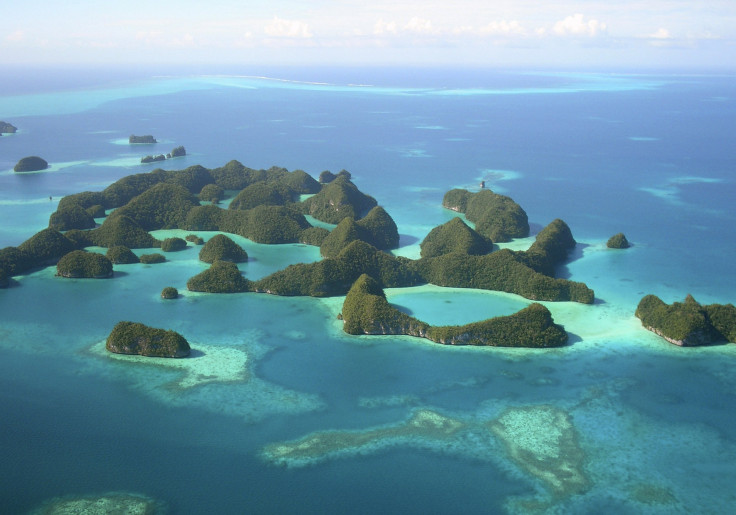Palau Burns 4 Vietnamese Fishing Boats Caught Poaching

The Pacific nation of Palau burned four Vietnamese boats that were caught poaching in its waters on Friday morning, in an attempt to curb illegal fishing of valuable marine life such as sea cucumbers and reef fish.
Palau's President Tommy Remengesau Jr. said the measure was taken to send a clear message that the country will take a hard stance against such activities. Palau is located in one of the world’s 35 biodiversity hotspots.
"We wanted to send a very strong message. We will not tolerate any more these pirates who come and steal our resources," Remengesau told the Associated Press (AP).
Since last year, the country has seized 15 such boats, carrying poached loads of sharks and fins, lobsters, reef fish and sea cucumbers. Remengesau said that although several of the boats had been stripped off their equipment and had their catches seized, the measures were not enough. "I think it's necessary to burn the boats," he reportedly said.
The tiny archipelago nation, home to about 20,000 people, has gained worldwide attention for its strong stand toward ecological protection.
Remengesau aims to turn most of the country’s territorial waters into a national marine sanctuary that would prohibit fishing and limit exports. Palau had created the world’s first shark sanctuary in 2009 in order to protect over 150 species of sharks and rays, many of which face extinction. Since then, ten other nations have followed suit, and a total of over 4.9 million square miles of protected sanctuary has been created so far.
Several countries have begun taking steps to crack down on illegal, unregulated and unreported (IUU) fishing, but the high seas between Palau and Japan are unregulated and difficult to monitor. Vietnamese fishermen tend to stay near shallows and reefs in order to catch reef fish and sea cucumbers, Seth Horstmeyer, campaign director for the Pew Charitable Trusts' Global Ocean Legacy, told the AP.
"There's a lot of opportunity for illegal fishing and other transnational crime. It's a challenge," Horstmeyer reportedly said.
Despite recent efforts, it is estimated that IUU fishing accounts for as much as one-fifth of the global catch, netting an estimated value of $10 billion to $23.5 billion a year.
© Copyright IBTimes 2025. All rights reserved.





















